Indeed the established assumptions about the inherent stagnancy of text permanently dictate this offline, strategy-based model of reading instruction.
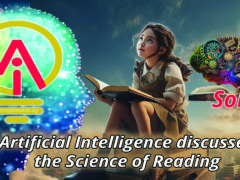

Indeed the established assumptions about the inherent stagnancy of text permanently dictate this offline, strategy-based model of reading instruction.
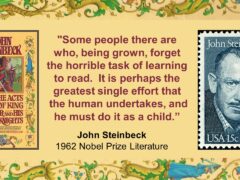
This book is always right next to me when I am working. Every time I see it I am reminded of how it changed my life. It still blows me away. It was about 24 years ago. My then six-year-old daughter and I were at a garage sale on the island of Kauai. I remember […]
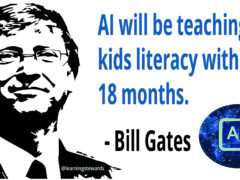
The title is taken from Gates’ comments at the Stage X at the 2023 ASU+GSV Summit. What instructional models will the AI literacy tutors of the future be using? Will they assume phonics, structured word inquiry, or one of the other bottoms-up decoding-based word recognition models? Will they use personalized decodable texts and top down […]
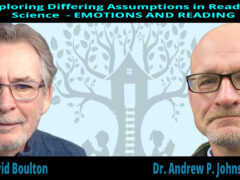
Dr. Andrew Johnson is a Reading Specialist and a Distinguished Faculty Scholar and Professor of Literacy at Minnesota State University. I, David Boulton, am a Learning Activist with Learning Stewards. Dr. Johnson and I have very different views about reading and the process of learning to read. We agreed to learn together and respectfully challenge […]
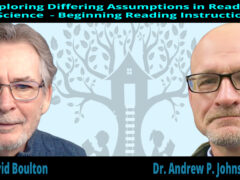
Dr. Andrew Johnson is a Reading Specialist and a Distinguished Faculty Scholar and Professor of Literacy at Minnesota State University. I, David Boulton, am a Learning Activist with Learning Stewards. Dr. Johnson and I have very different views about reading and the process of learning to read. We agreed to learn together and respectfully challenge […]
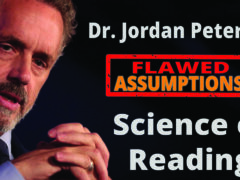
This clip begins with Dr. Peterson suggesting that motivating kids to learn to read is key to improving our educational and societal improvement efforts. He then proceeds to provide an overview of the conventional (Science of Reading) model of teaching reading. The clip ends with the prescient statement: “if the faculties of education were doing […]
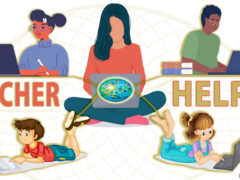
The purpose of reading instruction is to teach learners to be able to progress when they are reading on their own – when they are reading in-between instructional sessions. Learners who don’t read enough between instructional sessions don’t progress. In terms of the “practice” required to advance in reading, the number of words read during […]
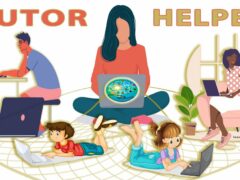
Are you a tutor that uses online reading assignments? Would your students benefit from a free virtual assistant that is always ready to help them learn to decode, recognize, pronounce, understand, translate, and comprehend any word they encounter in any online assignment? Click to learn more about it
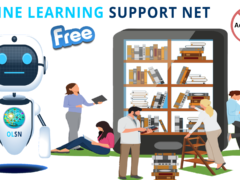
Imagine a future in which ANY person regardless of their age, language, reading skill, or knowledge level, can click ANY online word and instantly get the personalized help they need to learn to r-e-a-d and understand it.
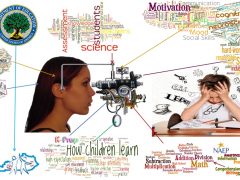
Join us May 28th at 2:15 for “Flipping Learning to Read” at the “Straight Talk by the Experts” virtual conference. Attendance is just $10 which will be donated to helping Covid heroes. For more information: https://www.implicity.org/straighttalk.htm
